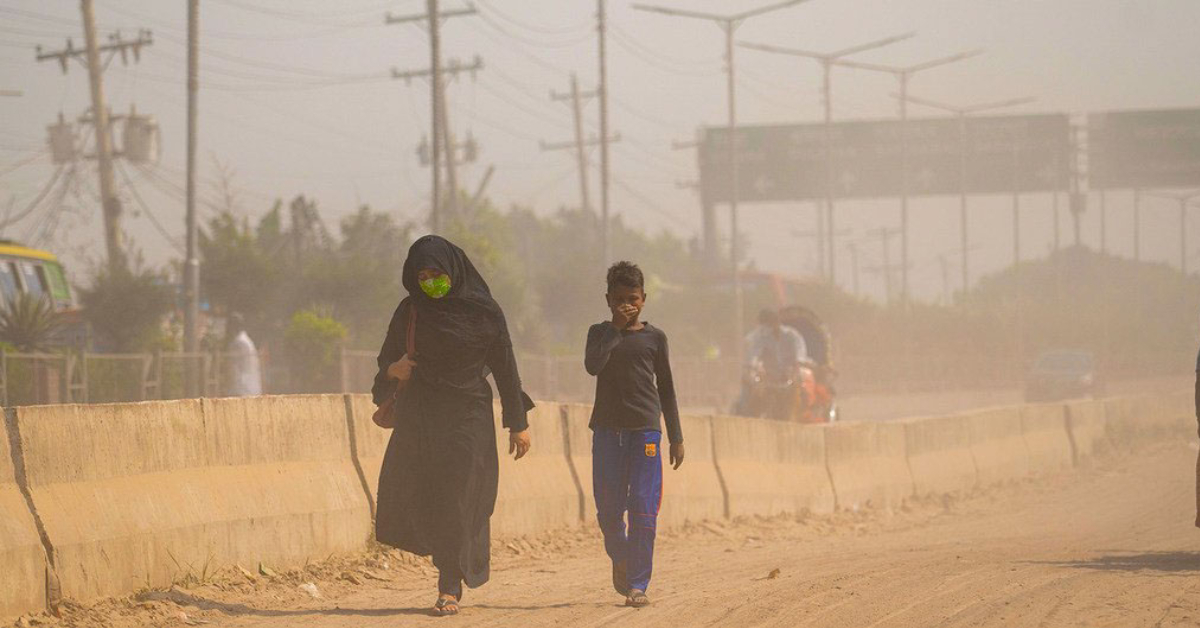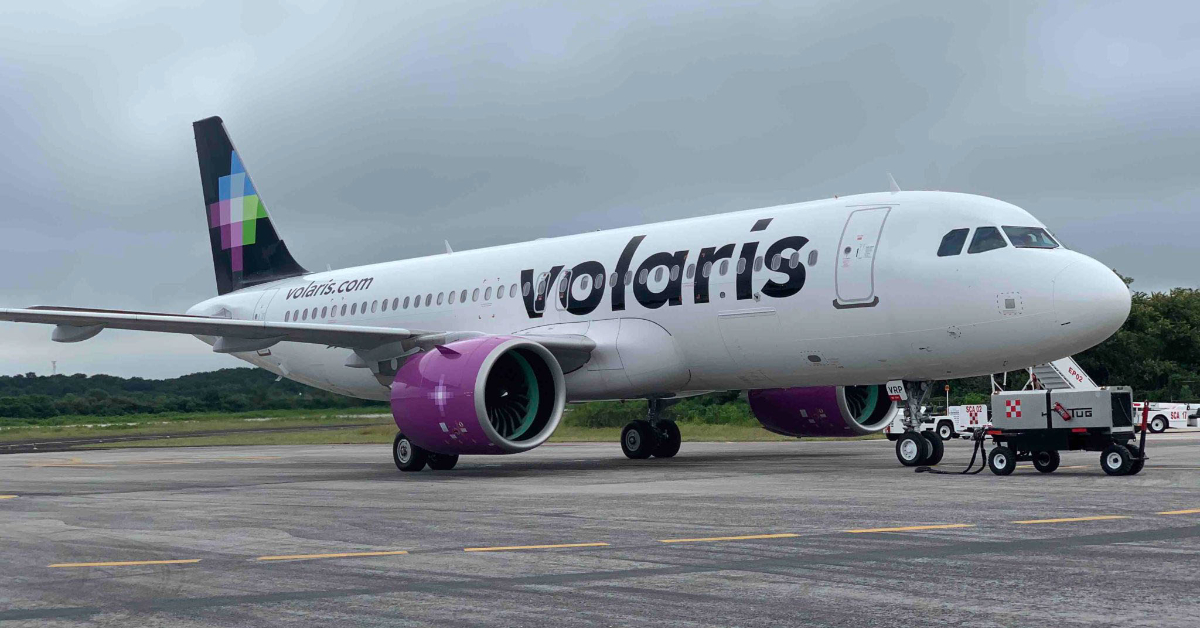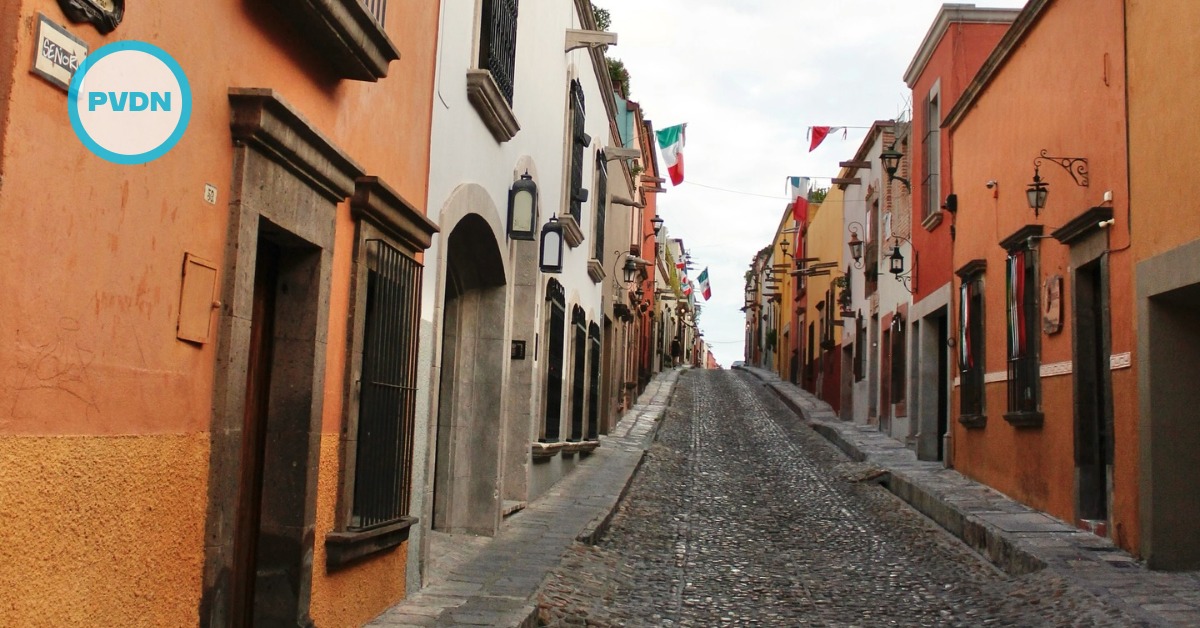International Day of Clean Air for Blue Skies, marked on 7 September, takes place in a world where almost all the air we breathe is polluted, and some seven million people die from air pollution every year. Ahead of the Day, UN News spoke to two experts about the scale of the problem, and the solutions that already exist.
For several years, the World Health Organization has warned that practically all the air we breathe is polluted, and that it’s killing around seven million people every year: about 90 . . .






